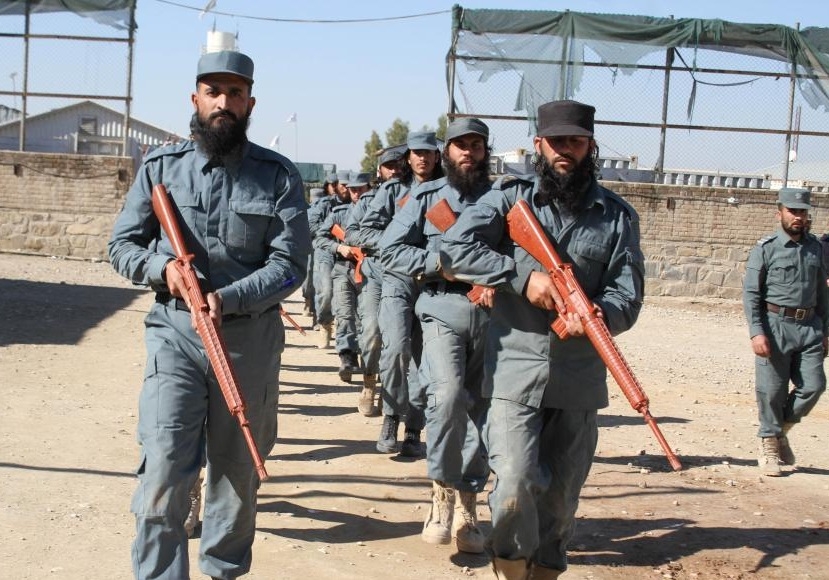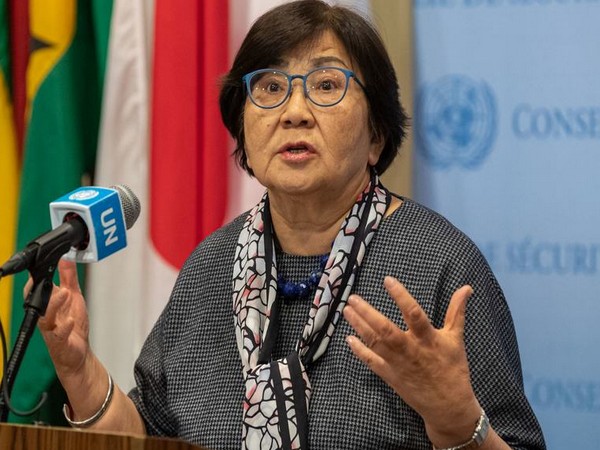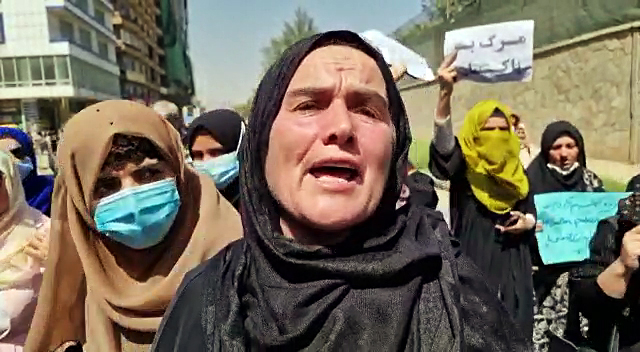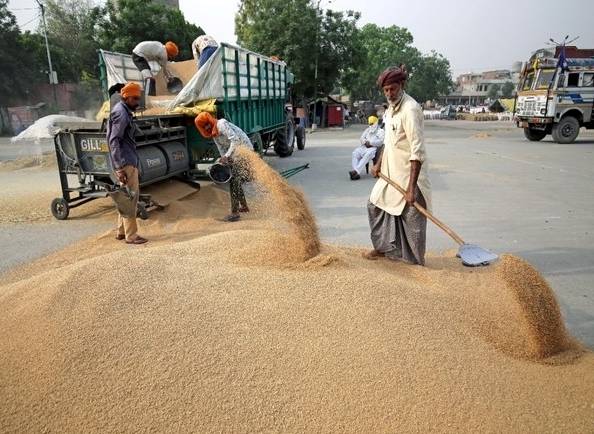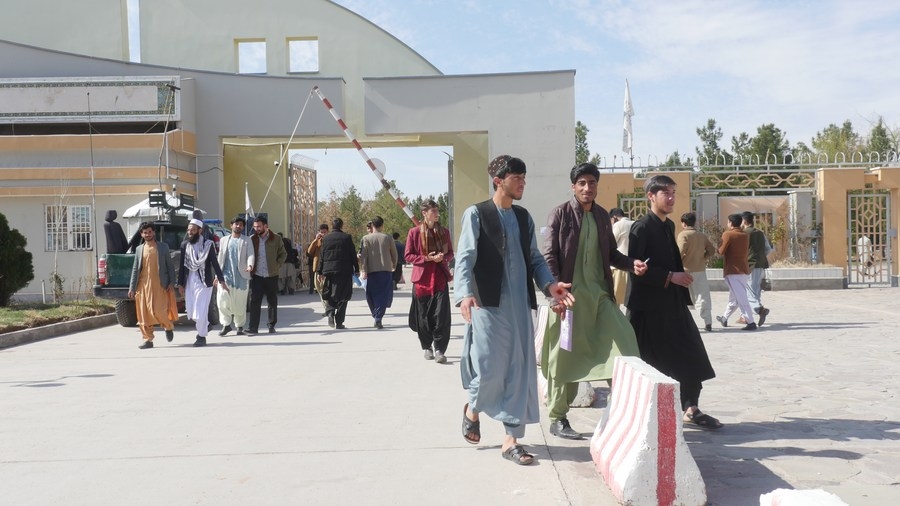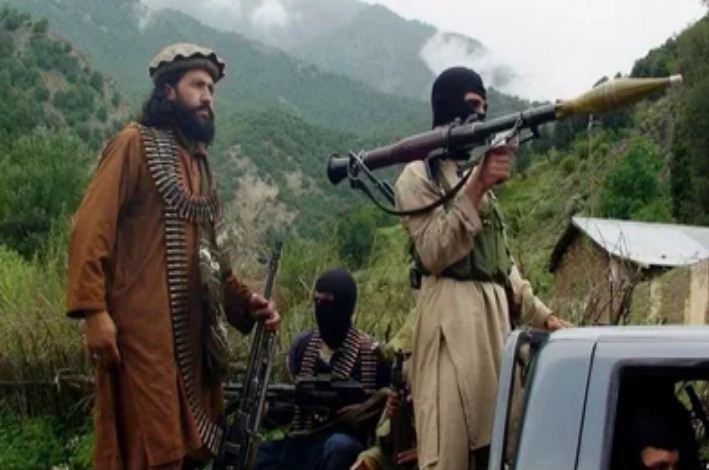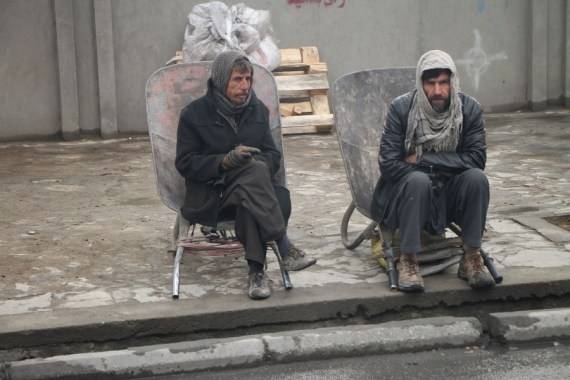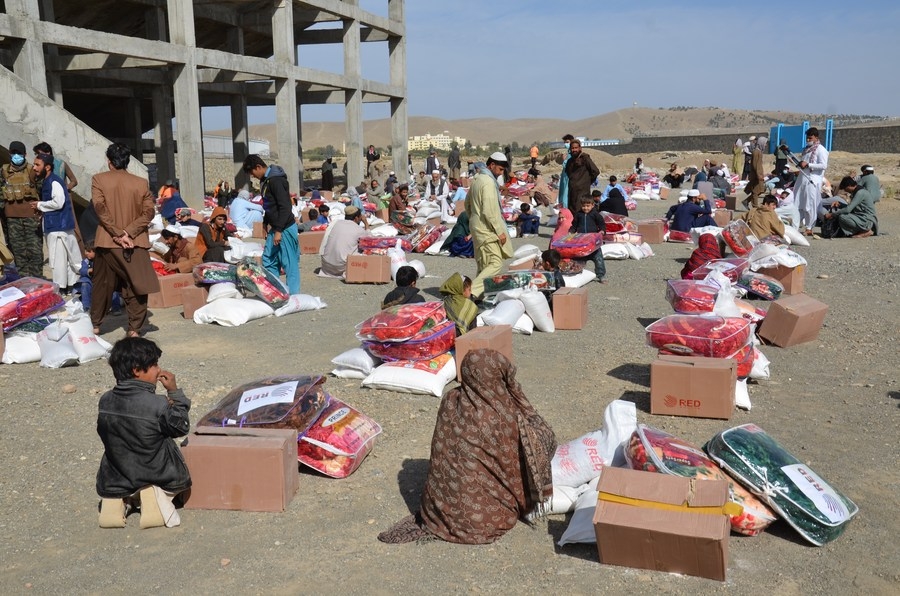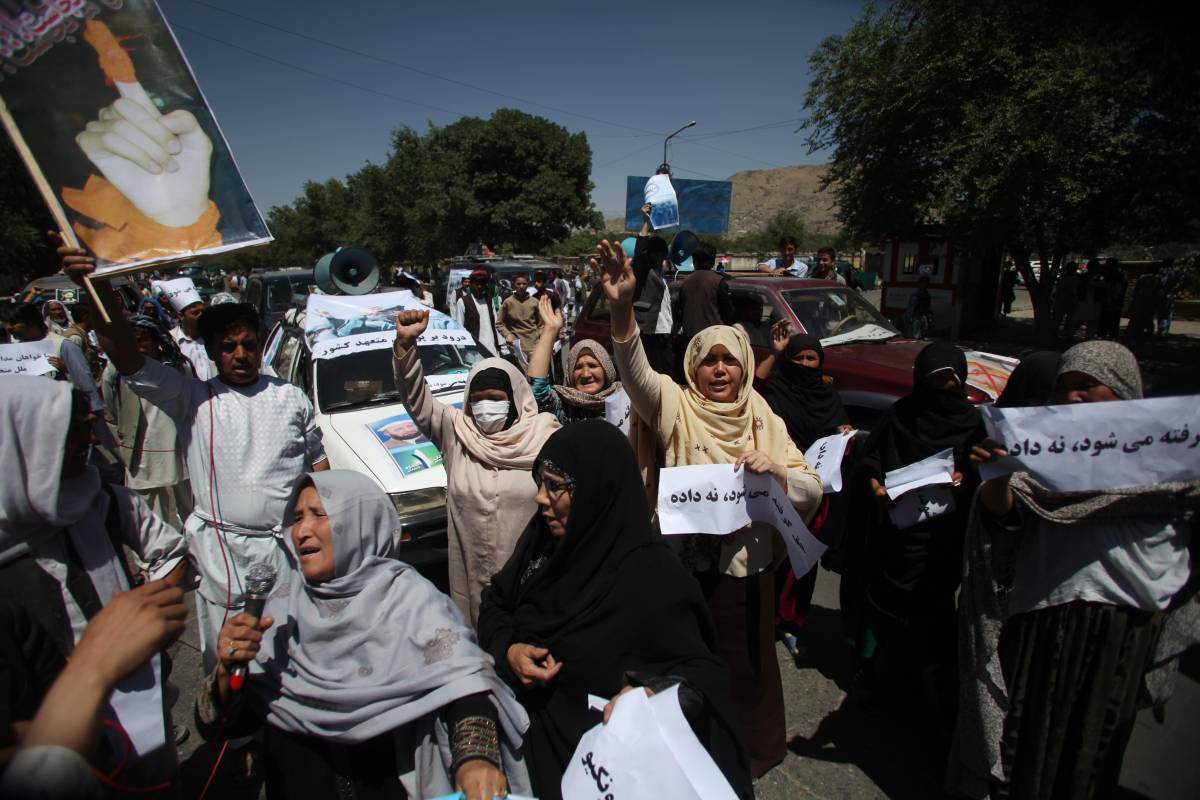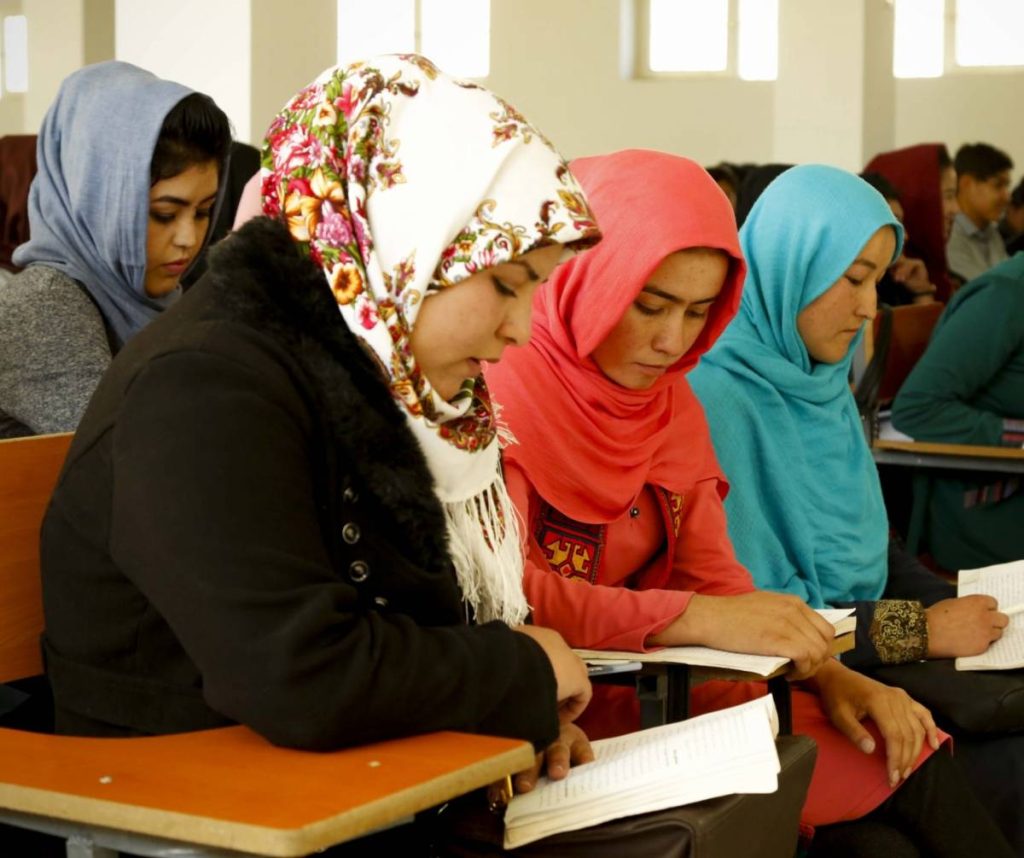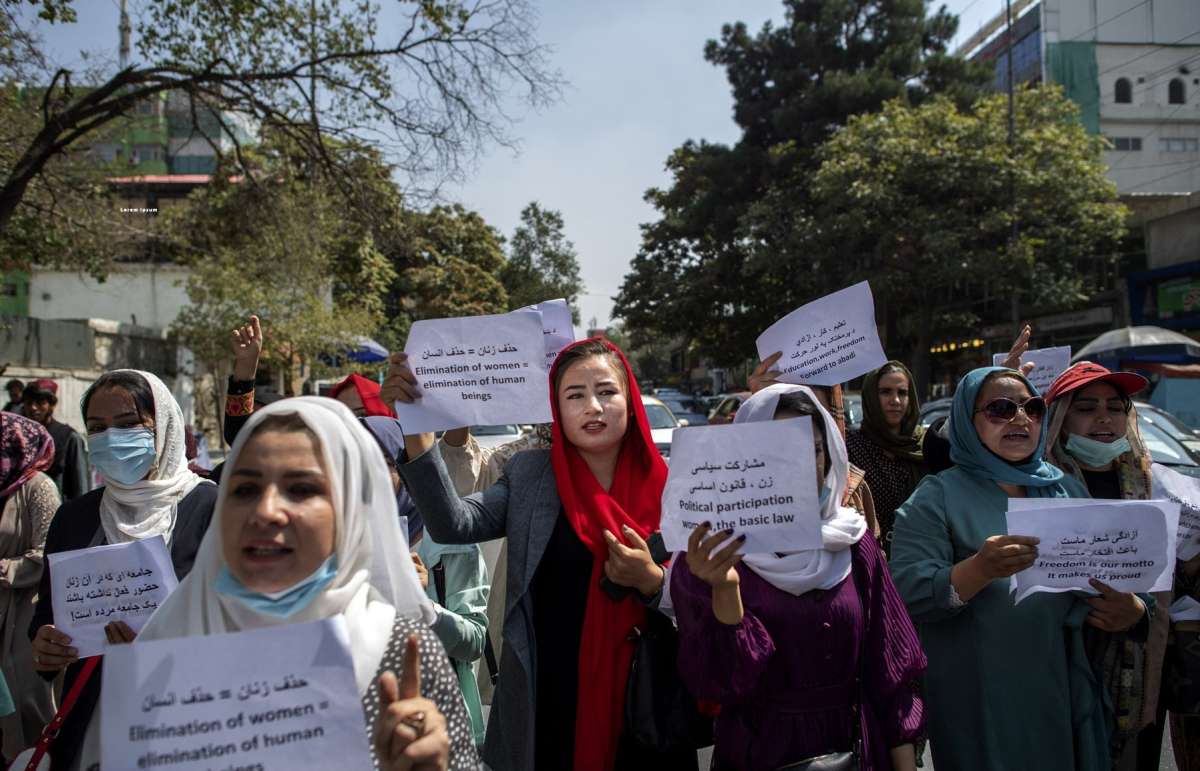Two police personnel had been injured during the fire exchange with the gang…reports Asian Lite News
Afghan police have killed eight alleged kidnappers in a crackdown against outlaws in Mazar-i-Sharif, the capital of northern Balkh province, provincial police spokesman Mohammad Asif Waziri said on Wednesday.
“Units of police launched an operation against the hideout of a kidnapping gang in Khwaja Khairan locality, Police District 7 of Mazar-i-sharif city Wednesday morning, killing eight and discovered arms and ammunitions including three assault rifles, two pistols and three cars from the site of the operation,” Waziri told Xinhua news agency.
Two police personnel had been injured during the fire exchange with the gang, the official added.
In similar operations, the police arrested 10 people on the charge of involvement in criminal activities in Balkh province some two weeks ago.
The Afghan caretaker government has vowed to crack down on criminal elements in Afghanistan to ensure law and order in the war-torn country.
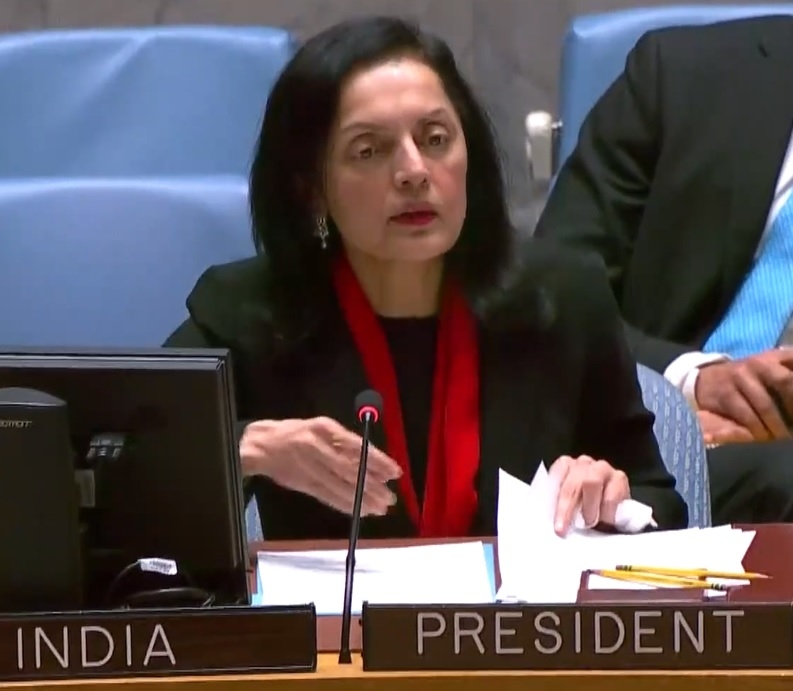
‘Afghan territory should not be used for terror’
In a veiled attack on Pakistan, India, on Thursday, said that Afghanistan’s territory should not be used for sheltering, training, planning or financing terrorist acts, specifically terrorist individuals and entities prescribed by the UN Security Council and drug trafficking.
While addressing the United Nations Security Council meeting on Afghanistan, India’s permanent representative to the UN, Ruchira Kamboj said that India “expect that the territory of Afghanistan should not be used for sheltering, training, planning or financing terrorist acts, specifically terrorist individuals and entities prescribed by the UN Security Council. It also means acting against drug trafficking.” Talking about Afghanistan’s situation, Kamboj stated that the humanitarian situation in the country is “deeply distressing.”
She also told UNSC about the humanitarian assistance that India has provided to Afghanistan in the past year.
“In response to the humanitarian needs of the Afghan people, and in response to the urgent appeals made by the United Nations, india has dispatched several shipments of humanitarian assistance to Afghanistan. We are committed to continuing our help to the Afghan people going forward. In this regard, we have provided several shipments of humanitarian assistance, including 40,000 metric tons of wheat, 65 tons of medical aid, and 28 tonnes of other relief material. Recently, we also sent around 5000 units of stationery items and winter clothing for the primary school students of the Habiba School in Kabul,” India’s envoy to the UN said.

